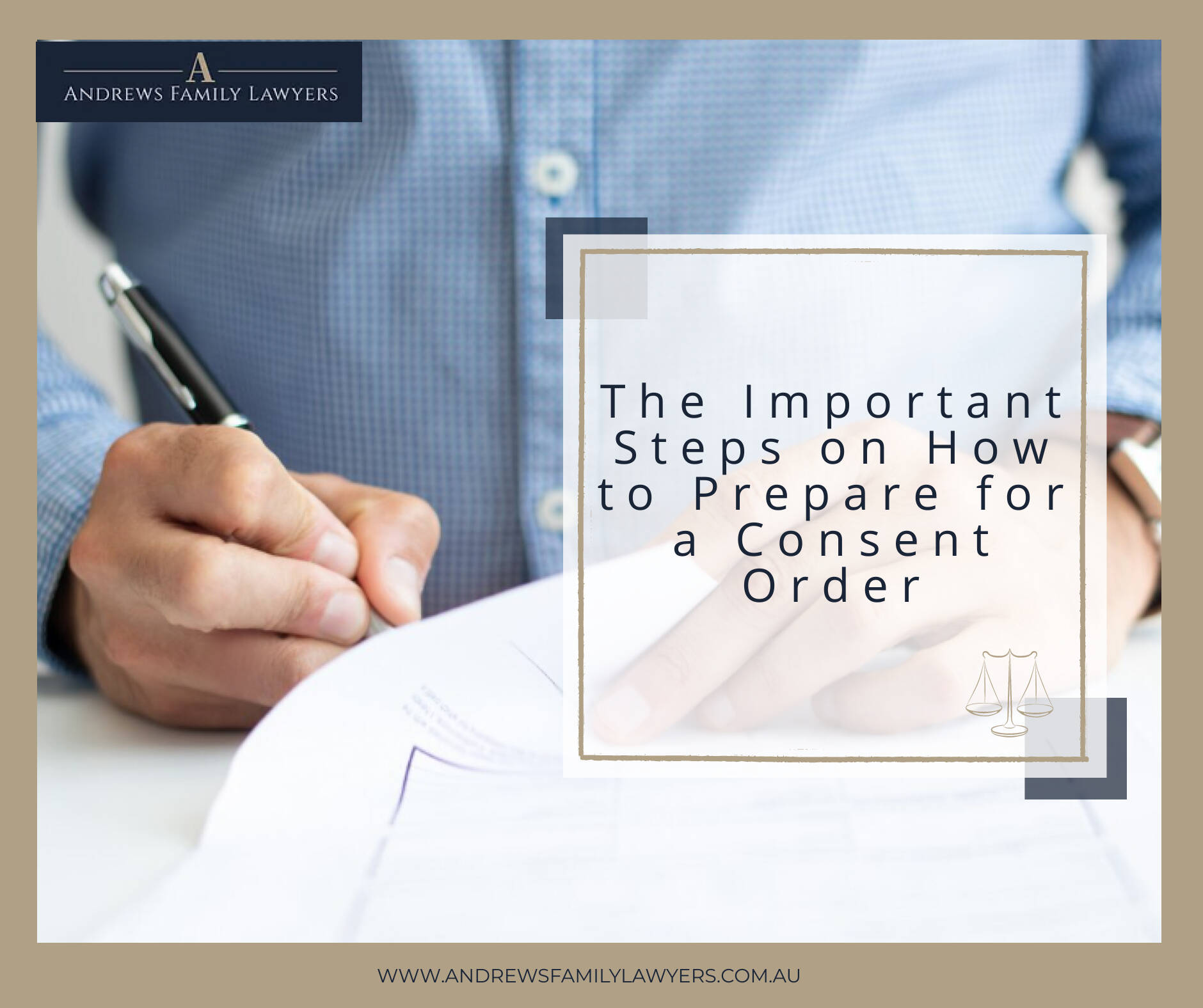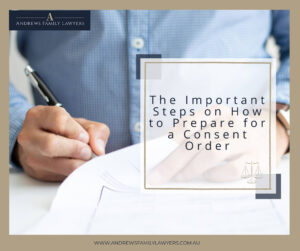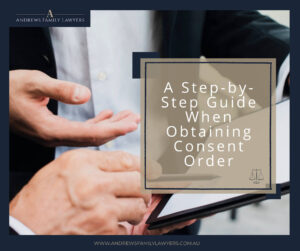When you prepare for a consent order, it’s crucial to have a clear and structured approach. This guide is designed to help you navigate the complexities of preparing for a consent order, ensuring you understand each step. With careful planning and a thorough understanding of the legal landscape, you can confidently approach this task.
Whether you are a legal practitioner or an individual, this guide equips you with fundamental tools and strategies for approaching the task confidently and ensuring a smooth and efficient process.
Understanding Consent Order
Before diving into the preparation process, it’s crucial to understand consent orders and how they work. A consent order is a legally binding agreement between two parties which typically addresses the division of property, parenting arrangements, and financial matters, such as spousal maintenance and child support. Consent orders can be an effective, cost-effective, and amicable alternative to resolving disputes through the courts, enabling both parties to reach a mutual agreement more efficiently.
If you want to know more about consent orders, read this.
1. Open Communication with Your Former Partner
Clear and open communication with your former partner is the first step in preparing for a consent order. By maintaining a constructive line of communication, you’ll be able to identify and discuss areas of agreement and disagreement, allowing you to establish the foundations of your consent order. It’s important to approach discussions collaboratively, keeping an open mind and respecting each other’s viewpoints.

2. Accurate and Comprehensive Financial Disclosure
A complete and truthful disclosure of financial assets, liabilities, and income is vital when preparing for a consent order. This information will help you and your former partner to determine a fair and equitable division of assets, and both parties must be transparent about their financial circumstances.
Under Australian law, both parties must provide full financial disclosure. Failure to do so may leave the consent order susceptible to being set aside or challenged in court if any undisclosed assets or income sources are discovered.

3. Engage an Experienced Family Lawyer
Once you have established the basis for your consent order, seeking professional advice from an experienced family lawyer is essential. A family lawyer will help guide you through the legal process, ensuring that your consent order complies with all applicable legislation and will likely be approved by the court. They can also provide valuable insights and recommendations to help you reach a fair agreement, tailored to your unique circumstances and in the best interests of any children involved.

4. Prepare and Lodge Consent Order Application
With the guidance of your family lawyer, the next step is to prepare and lodge a consent order application with the Family Court. This application will include details about the proposed orders and relevant information regarding the parties involved and any children affected by the agreement. Both parties must thoroughly review the consent order application, ensuring its accuracy and completeness before signing and submitting it to the court.
Upon lodgement, a court registrar will review the consent order application to determine its fairness and ensure it complies with the law. If the registrar deems the proposed orders to be fair, they will approve the consent order, making it legally binding.

5. Prepare for any Necessary Adjustments or Additional Orders
Although the aim is to have your consent order approved as quickly and smoothly as possible, it’s essential to prepare for any necessary adjustments or additional orders the court may require. The registrar may request changes to the proposed consent order to ensure fairness, or they may identify issues that were not originally considered.
In such cases, working closely with your family lawyer to address the registrar’s recommendations and make the required adjustments to your consent order application is crucial.

If you need help with consent orders, and other issues related to family law matters, Contact Andrews Family Lawyers to schedule a FREE consultation.
How to prepare for a consent order? (Tips for a Successful Process)
To help you navigate the consent order process more efficiently, consider the following tips:
1. Stay Organised: Keep all relevant documents, such as financial statements, property valuations, and statements of contributions, organised and easily accessible. This will save you time and effort while preparing and lodging your consent order application.
2. Be Realistic and Cooperative: When approaching negotiations, remember the ultimate goal: to reach a fair and sustainable agreement that minimises conflict. Be realistic about your expectations and willing to compromise when necessary.
3. Consider Mediation: If you encounter difficulties reaching an agreement with your former partner, engaging a mediator could be a valuable option to help resolve conflicts and facilitate productive discussions.
4. Prepare a Parenting Plan: If your consent order includes parenting arrangements, it’s a good idea to prepare a parenting plan detailing the desired outcomes and specific arrangements. A well-structured parenting plan can streamline the consent order process and minimise misunderstandings in the future.
By following these steps and tips, you’ll be well on your way to developing and lodging a successful consent order application that reflects a fair and equitable agreement between you and your former partner, ultimately providing a solid foundation for a positive future rapport.

Achieve a Fair and Amicable Agreement with Professional Guidance
A consent order is an essential step in legal matters that requires a careful approach. It’s usually used during divorce or separation when both parties agree. However, getting ready for a consent order can be complicated because there are many laws and rules to follow. It’s a critical moment in the legal process, so being very careful is essential.

If you need help with consent orders, and other issues related to family law matters, Contact Andrews Family Lawyers to schedule a FREE consultation.




